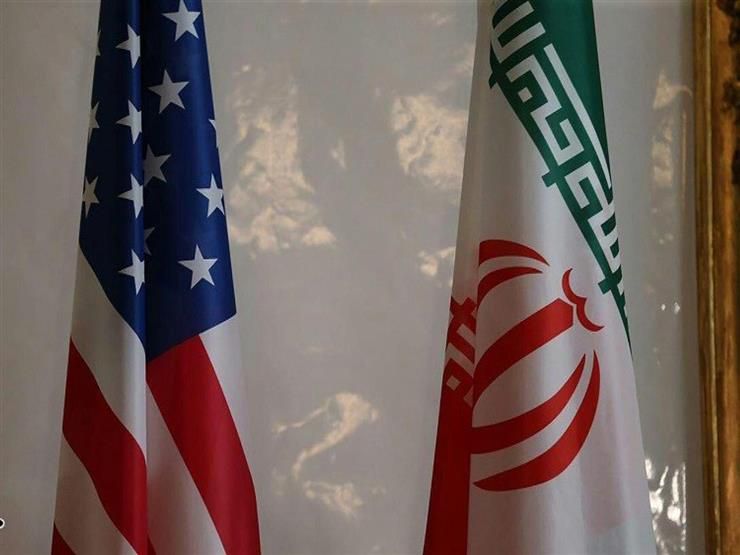A spokesman for the US State Department confirmed to Al-Hurra, on Friday, that the reports that “we have accepted or are considering making new concessions to Iran as part of returning to commitment to the nuclear agreement are categorically false.”
“If Iran is ready to abide by its obligations under the 2015 agreement, we are ready to do the same,” said the spokesman, who preferred not to be named.
“We have received through the European Union Iran’s comments on the final text proposed by the Union and are studying them. Our contacts with the European Union are private and we are in regular contact with it throughout this process,” he added.
The parties concerned with the agreement on the Iranian nuclear program, especially Brussels and Washington, are studying the response submitted by Iran to a European Union proposal aimed at achieving an understanding in the discussions to revive the 2015 agreement.
The European Union, coordinator of negotiations to revive the agreement, from which the United States unilaterally withdrew four years ago, submitted last week a “final” settlement proposal, calling on Tehran and Washington, who are negotiating indirectly, to respond to it, hoping to culminate in talks that began a year and a half ago.
And the official IRNA news agency reported at dawn on Tuesday that Tehran had submitted its “written response to the text proposed by the European Union,” saying that “an agreement will be reached if the American response is realistic and flexible.”
A spokeswoman for EU Foreign Minister Josep Borrell said: “We received Iran’s response last night…we are studying it and consulting with other parties to the JCPOA and the United States on the way forward.”
The agreement between Tehran and six major international powers, whose official name is the “Joint Comprehensive Plan of Action”, allowed the lifting of sanctions on Tehran in return for reducing its nuclear activities and ensuring the peace of its program. However, the United States unilaterally withdrew from it during the era of its former president, Donald Trump, re-imposing sanctions on Iran, which responded by beginning to gradually retreat from most of its commitments.
Iran and the powers still affiliated with the agreement (France, Britain, Germany, Russia, and China) began discussions to revive it in April 2021, which were suspended for the first time in June of the same year. After its resumption in November, it was suspended again since mid-March, with points of disagreement remaining between Washington and Tehran, despite significant progress being made towards achieving the understanding.
The two parties, in coordination with the European Union, held indirect talks for two days in Doha in late June, which did not lead to any significant progress. On August 4, the talks resumed in Vienna with the indirect participation of the United States.
After four days of negotiations, the European Union confirmed that it had presented the two main parties with a “final” settlement formula.

